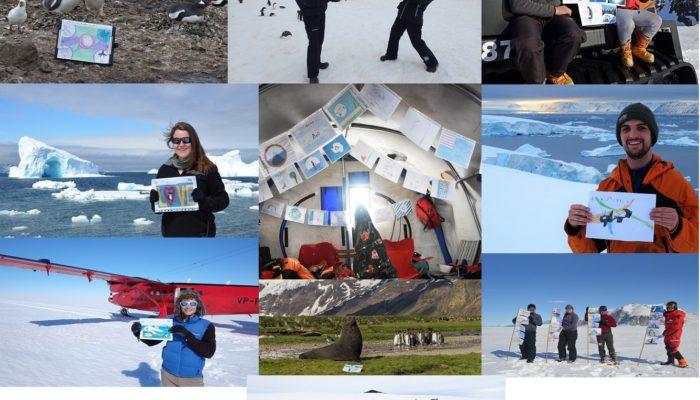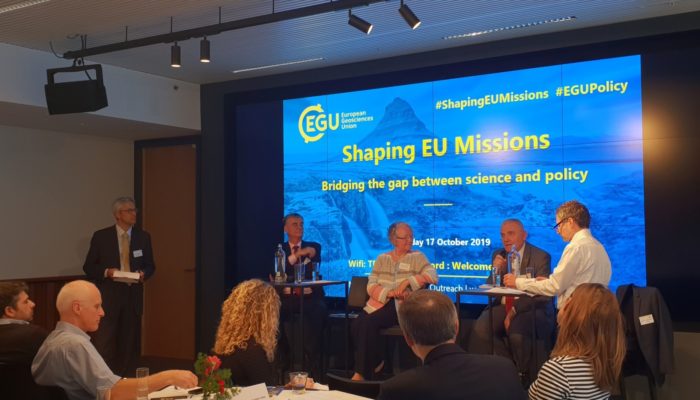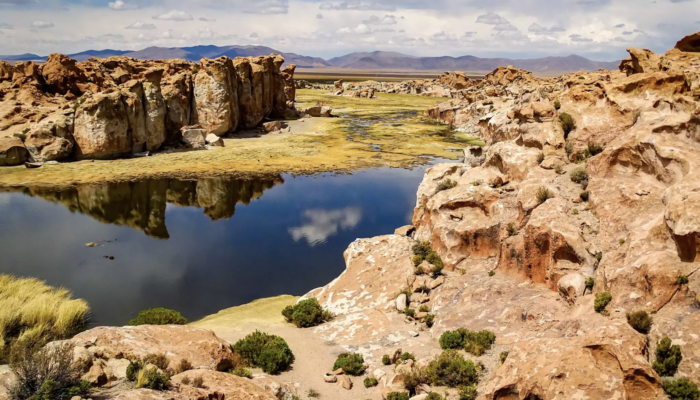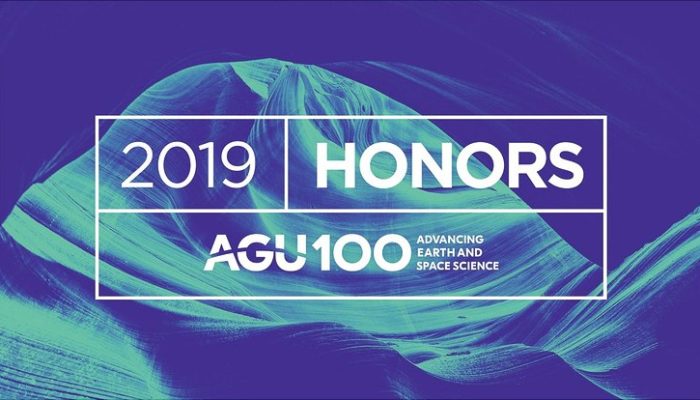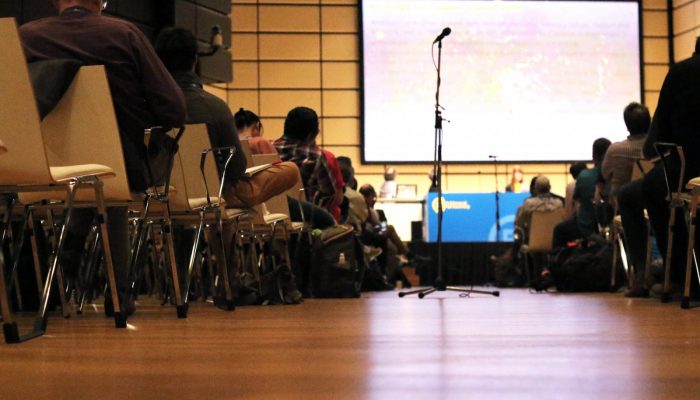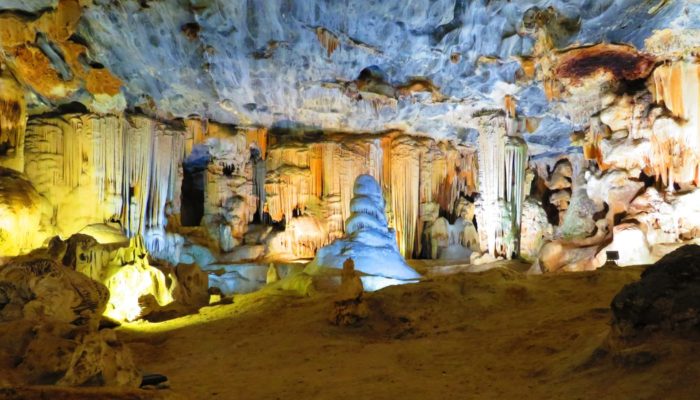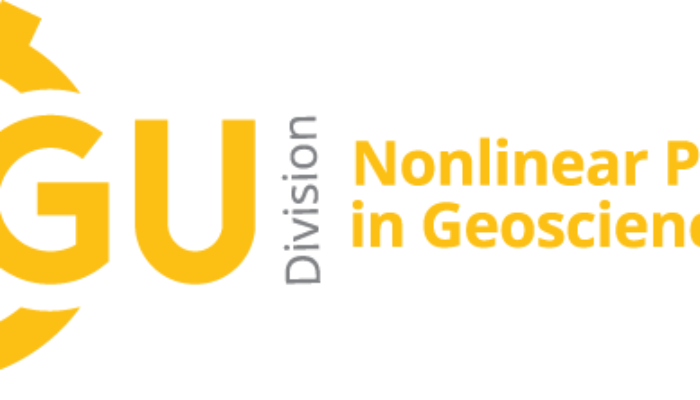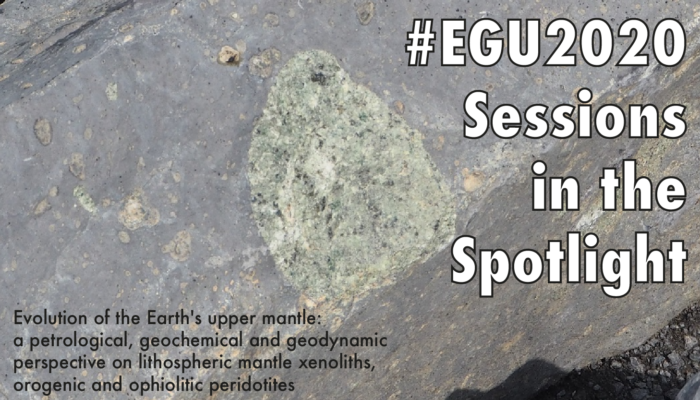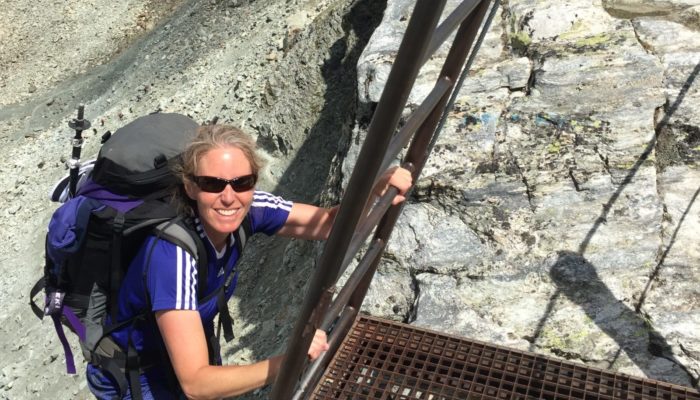December 1st 2019 marks the 60th anniversary of the signing of the Antarctic treaty. To celebrate the signing of the treaty, ‘Antarctica Day’ now occurs each year on December 1st. But what is the Antarctic Treaty? How do people celebrate? This week’s blog post will tell you everything you need to know, just in time for celebrations! Antarctic Treaty The Antarctic Treaty was originally signed by 12 ...[Read More]
If you didn't find what you was looking for try searching again.
GeoLog
GeoPolicy: Communicate Geoscience? Let’s do it!
This month’s GeoPolicy Column was written by Alexander Roesner, a researcher at MARUM (the Center for Marine Environmental Sciences) and the winner of the EGU’s 2019 ECS Policy Competition, which provides the winner with funding to attend the EGU’s science-policy event, Shaping EU Missions in Brussels. Roesner outlines his motivation for applying for the competition and reflects on his experience. ...[Read More]
Geodynamics
On carbon footprint in academics, Aikido, train tours and our feeling of guilt
This week, Antoine Rozel, senior researcher in ETH Zürich, gives us good news about carbon footprint. We can take the global warming problem as a pretext to change some of our arbitrary habits and make our communication much more efficient! Global warming is real and yes we do need to drastically decrease our carbon footprint. I see 3 options: 1) not caring, 2) feeling guilty about it and not doin ...[Read More]
GeoLog
Imaggeo on Mondays: Journey to Bolivia’s Laguna Negra
This week’s featured photo showcases one of the most geologically diverse landscapes of South America: the Altiplano, the high plateau of the Andes. This plateau covers roughly 200,000 square kilometres in central South America, stretching from southern Peru to northern Argentina. The high-elevation plain sits between the eastern and western chains of the Central Andes and is home to a myriad of n ...[Read More]
Nonlinear Processes in Geosciences
NP Interviews: the AGU 2019 Turcotte awardee Vera Melinda Galfi
Before pursuing a scientific career, Melinda studied economics and worked in the field for several years. Her scientific career took place until now in Hamburg, Germany, where she completed both her undergraduate and graduate studies in meteorology. Melinda finished her PhD in 2018 under the supervision of Valerio Lucarini, studying extreme events in chaotic atmospheric models. She received the 20 ...[Read More]
GeoLog
Giving everyone a voice: EGU President on promoting diversity and inclusion at scientific meetings
Conferences offer scientists the opportunity to share ideas, collaborate with peers, expand their networks and gain inspiration and fresh perspectives from other researchers and cutting-edge topics. These meetings bring scientists from around the world together for the purpose of advancing science, addressing societal and environmental challenges and strengthening the scientific community. However ...[Read More]
Climate: Past, Present & Future
Palaeoclimate Data Syntheses: Opportunities and Challenges
Reconstructing past climate states from geological records is crucial for understanding the causal mechanisms that originated them. These can occur at time-scales which are much longer than the periods for which humans have been measuring climate variables such as temperature in meteorological stations. Such climate reconstructions provide a long-term context to the magnitude of the current anthro ...[Read More]
Nonlinear Processes in Geosciences
NP Division at the General Assembly 2020
Each year the European Geosciences Union organizes the largest European geosciences event which is the EGU General Assembly. It usually attracts over than 15000 scientists from all over the world, including both established researchers and early career scientists, who contribute to more than a half of the participants. It consists of several sessions (usually more than 500), covering a wide spectr ...[Read More]
Geochemistry, Mineralogy, Petrology & Volcanology
#EGU2020 Sessions in the Spotlight: Evolution of the Earth’s upper mantle: a petrological, geochemical and geodynamic perspective on lithospheric mantle xenoliths, orogenic and ophiolitic peridotites
The EGU 2020 abstract submissions are now open for the next two months! Every few days, we will highlight a geochemistry, mineralogy, petrology and/or volcanology session right here – great news if like me, you find choosing which session to submit to more difficult than choosing a decent movie on Netflix… Today it’s the turn of GMPV 4.4. Evolution of the Earth’s upper mant ...[Read More]
GeoLog
GeoTalk: Introducing EGU’s new Head of Media, Communications and Outreach
GeoTalk interviews usually feature the work of early career researchers, but this month we deviate from the standard format to speak to the newest member of the EGU office, Terri Cook. Terri is an award-winning science and travel writer who has a passion for geology and storytelling. You can find her work featured in a number of news outlets, including Scientific American, New Scientist, Eos, Lone ...[Read More]

